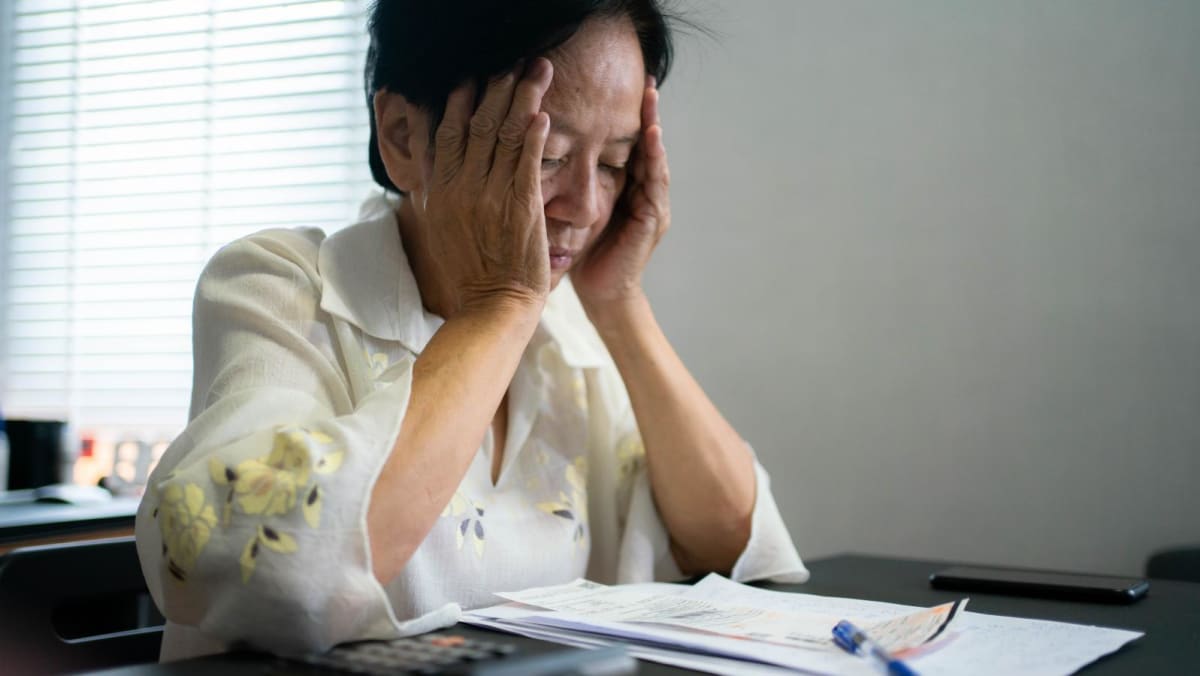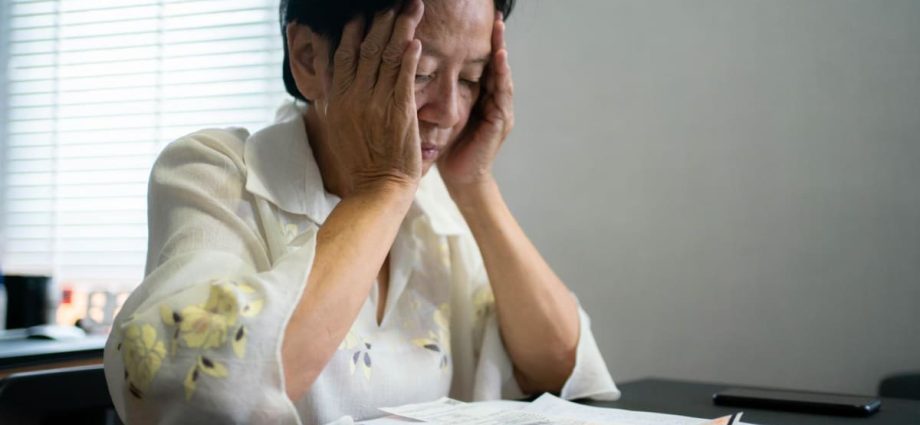
A person in poverty is likely to feel the impact of financial mistakes more strongly and be judged for their actions. Even a minor financial misstep can lead to significant consequences.
Consider the case of Mr Anand*, a low-wage worker earning S$1,500 a month. When his 15-year-old son, Nick*, was caught using a vape in school and reported to the authorities, Mr Anand had to dip into his limited savings to pay the S$200 fine. This incident wiped out the family’s financial cushion, leaving them more vulnerable to falling into debt.
Beyond financial consequences, their mistakes are seen in the light of negative stereotypes about poverty. This reinforces beliefs that they are irresponsible or have poor planning skills, which can further perpetuate the cycle of poverty and discrimination.
Thus, policies and programmes must create some buffer for them to make some mistakes with the assistance and be given the right support to navigate the psychological effects of poverty.
CHECK OUR ASSUMPTIONS
To help individuals and families break out of the poverty cycle, we need to check our own biases and assumptions aren’t getting in the way of helping them effectively.
Policies and programmes should be informed by what research tells us about human behaviour and the complexities of poverty and what the lived experiences of those in poverty. Else, we must take the courageous step to review and revise our approach or risk reinforcing the very prejudices and discrimination that those in poverty already face.
The aim should be to resource people in poverty to enhance their mental bandwidth, not see it as a reward or inadvertently punish them
*Pseudonyms were used in this commentary.
Cindy Ng is Director of Melrose Home at Children’s Aid Society. She is a social worker by training with extensive experience working with low-income families and persons experiencing violence and abuse.

